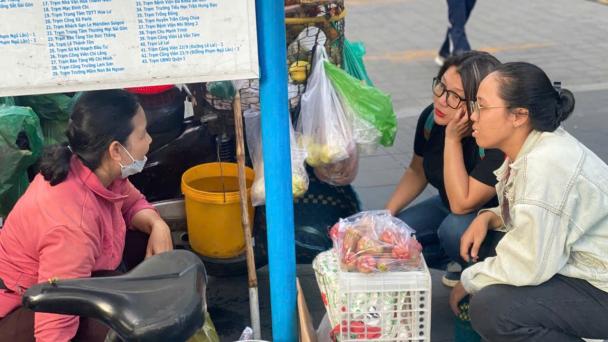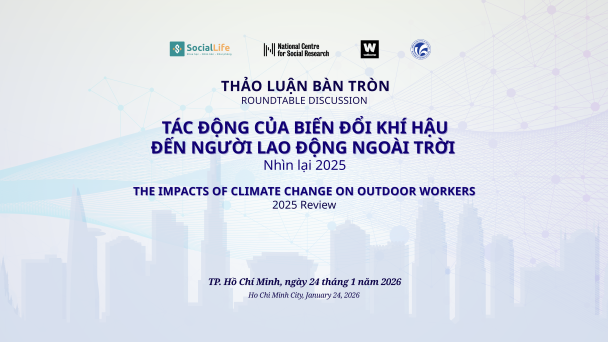When Climate Speaks English


Debates on elevating research in non-Western contexts have pointed out the disconnect between Western, and non-Western theoretical, epistemological and methodological domains, and how this is manifested in knowledge building practices. This disconnect is largely an outcome of continued power disparities between researchers from the global North and those from the global South - one study found that between 2008 and 2017, less than 3% of 947 articles in four international journals were written by scholars based in the global South. This absence has serious ramifications beyond the academic space as research developed by scholars from the global North gets drawn upon to shape international and regional interventions especially in fragile and conflict-affected contexts.
To address this structural gap, much more transformational thinking is needed with a focus on the intersection between power on the one hand, and knowledge production on the other, in research on war and peace. Through a collaboration between NatCen International, the global arm of the National Centre for Social Research in London, and the United States Institute of Peace, we are convening a series of roundtable discussions to interrogate assumptions around the ethics, rigour and adequacy of approaches of conducting research in non-Western contexts, focusing on conflict-affected and fragile contexts, to identify pathways towards improved practice in international research.
This roundtable discussion, the second in the series, will investigate the ways qualitative researchers and evaluators continue to liberate and bring equity into their understanding of and approach to research and evaluation.
The first roundtable of the series carved an immediate agenda centred on understanding and capturing how the dominant frameworks in research engage with power dynamics in knowledge production.
The discussion will address the following: first, how qualitative research methods and their application can be a site for power inequities and what that means for researchers working on fragile and conflict-affected contexts. Second, how qualitative researchers from across the academic and policy landscape can navigate the challenges of questioning power hierarchies. The panelists will draw on their personal experiences thinking through these challenges and applying them in their work.
In addition, this roundtable will engage with the following questions:
This roundtable will include a panel of qualitative researchers and evaluators based in the global North and global South who will draw on their experiences and their engagement with power and equity in their research and work.
For any questions regarding the series, please reach out to the hosts at
Sherine.McCarthy@natcen.ac.uk and Stombe@usip.org
To confirm your attendance, please email events@natcen.ac.uk
Sherine is the Director of NatCen International where she leads a team of senior experts and researchers dedicated to shaping global social policy and practice. She is widely acknowledged as an expert in humanitarian and development policy, conflict, security and evidence uptake with a focus on the UK, Africa and the Middle East. Sherine has two decades of experience in leading and delivering on complex research projects and consortia as well as providing policy advice at a senior level to governments, donors and civil society organizations on their engagement in fragile and conflict-affected contexts.
Prior to establishing NatCen International, Sherine was a Senior Research Fellow at ODI where she launched and co-led a cross-institutional initiative on peace and sustainability in the Mediterranean region. Earlier in her career, she set up a research unit on regional philanthropy and civic engagement at the American University in Cairo. Sherine has held fellowships at Keble College at the University of Oxford, the Department of Asia, Africa and the Mediterranean at the University of Naples ‘L’Orientale’ and the King Faisal Centre for Research and Islamic Studies in Saudi Arabia. She has also been a guest lecturer at the Royal United Services Institute (RUSI) and Cranfield University in England as well as the Doha Institute for Graduate Studies in Qatar. Her work can be found in the International Review of the Red Cross, the Oxford Handbook of the Sociology of the Middle East, Development in Practice as well as book chapters in edited volumes with Palgrave Macmillan and James Currey. Sherine sits on the Board of Trustees of Protection Approaches, a UK charity dedicated to combatting identity-based violence in the UK and globally.
Sherine holds a DPhil from the Department of International Development and St. Cross College at the University of Oxford.




Receive a regular update, sent directly to your inbox, with a summary of our current events, research, blogs and comment.
Subscribe